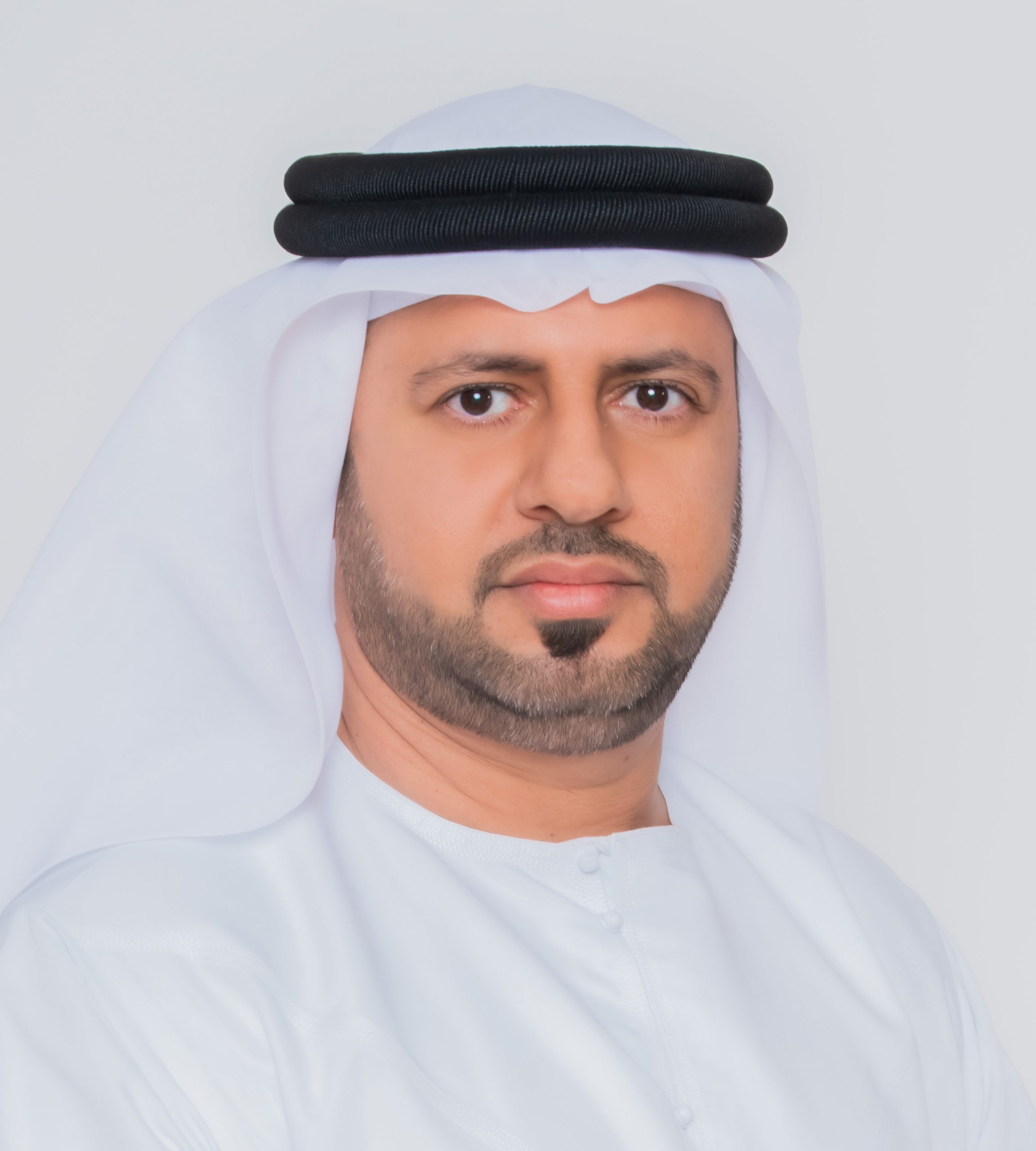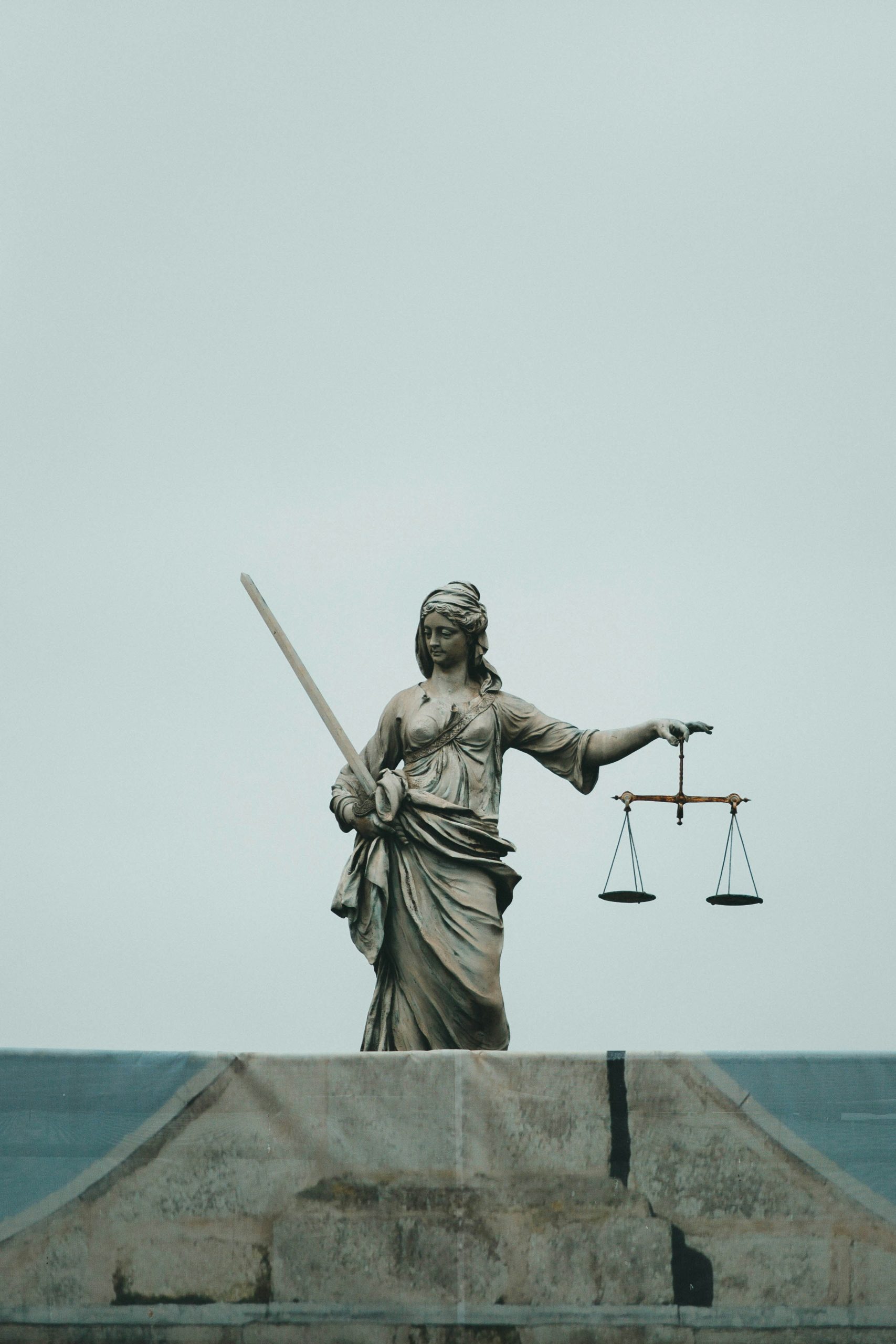
Understanding Rental Laws and Regulations in Dubai’s Real Estate Sector
Understanding Rental Laws and Regulations in Dubai’s Real Estate Sector
Guide to Understanding Rental Laws and Regulations in Dubai’s Real Estate Sector
The growth of the UAE economy in recent years, especially in the Emirate of Dubai, has been driving expansion in its real estate sector. The increase in demand for properties, catering to both locals and expats seeking luxury and simpler accommodations, has encouraged the establishment of rental laws to safeguard the rights of individuals, investors, and real estate companies.
Legal Foundation and Regulatory Authorities:
To ensure a fair and just environment for both landlords and tenants, the UAE government, led by His Highness Sheikh Mohammed bin Rashid Al Maktoum, approved necessary rental laws, and established regulatory bodies. Decree No. 43 of 2013 plays a key role in regulating rent increases for property in Dubai. This decree also introduces the concept of the Real Estate Regulatory Authority (RERA), which oversees the implementation of rental laws and the setting of average rent prices through an official index.
Rental Disputes Settlement Centre (RDC)
A significant stride towards achieving transparency and justice in rental disputes was made following the establishment of the Rental Disputes Settlement Centre (RDC). Under the guidance of His Highness Sheikh Mohammed bin Rashid Al Maktoum, the RDC was formed to expedite the resolution of rental conflicts, ensuring equitable treatment, and fostering social and economic stability. The RDC functions as an impartial entity that handles rental disputes transparently and strives to provide fair judgements.
Rights and Responsibilities of Landlords and Tenants
Dubai’s rental laws outline the rights and responsibilities of both landlords and tenants, promoting a balanced and harmonious rental ecosystem. Some of the key articles from the Decree that address these rights and responsibilities include:
Landlord’s Rights and Duties
- Lease Registration: Both tenants and landlords and required to register their leases with RERA.
- Rent Increase: Landlords are prohibited from increasing the rent of residential properties before the expiration of the contract’s signing date.
- Automatic Renewal: If a tenant remains in the property following the lease expiration date without the landlord’s objection, the contract is automatically renewed for another year under the same terms.
- Grounds for Termination: The landlord can request the tenant to vacate the property under certain circumstances, including failure to pay rent, unauthorized subleasing, illegal use of the property, safety concerns, imminent danger of collapse, or demolition for urban development by authorities.
- Service Continuity: Landlords are prohibited from disconnecting services that would impede the tenant’s standard of living in the property.
Landlord’s Right to Vacate Premises
Tenants must be notified 12 months in advance if the landlord intents to vacate the property for reasons including reconstruction, renovations that cannot be performed while the tenant is present, personal use, or use by a first-degree relative.
Tenant’s Obligations
- Rent Payment: Tenants are required to pay rent on time.
- Property Maintenance: Tenants must maintain the property in good condition.
- Alterations and Maintenance: Tenants cannot make changes or perform maintenance without the landlord’s permission.
- Property Return: At the end of the lease, tenants must return the property in the same condition as received.
- Subleasing Restrictions: Tenants cannot sublease the property to a third party without the landlord’s written permission.
Dubai’s rental laws provide a framework that balances the rights and responsibilities of both landlords and tenants. These regulations contribute to a fair and transparent renal market, ensuring harmony and stability for both parties and promoting Dubai’s status as a preferred global destination for living and investment.
For more information on our Rental Disputes Practice or real estate disputes more broadly, please contact Mohammad Abdul Rahman. Mohammad Abdul Rahman is a Senior Advocate, and has full rights of audience across all UAE Courts. He specializes his practice in real estate and rental disputes.
 |
Mohammad Abdul Rahman Abdulwahed Senior Advocate mohd.abdulwahed@galadarilaw.com |

